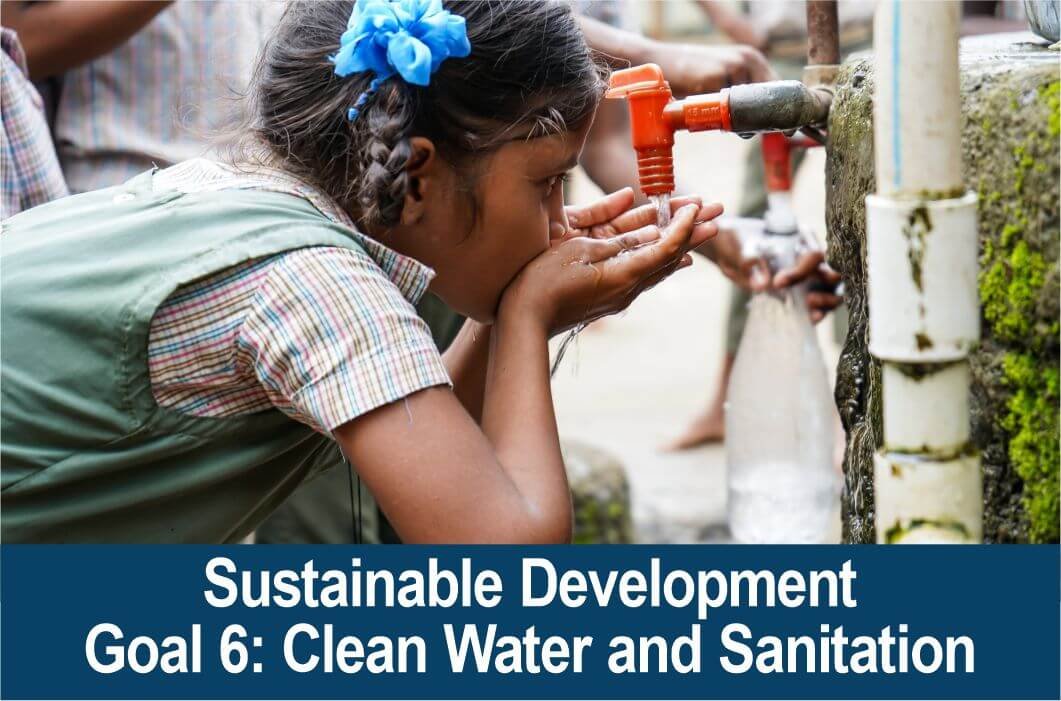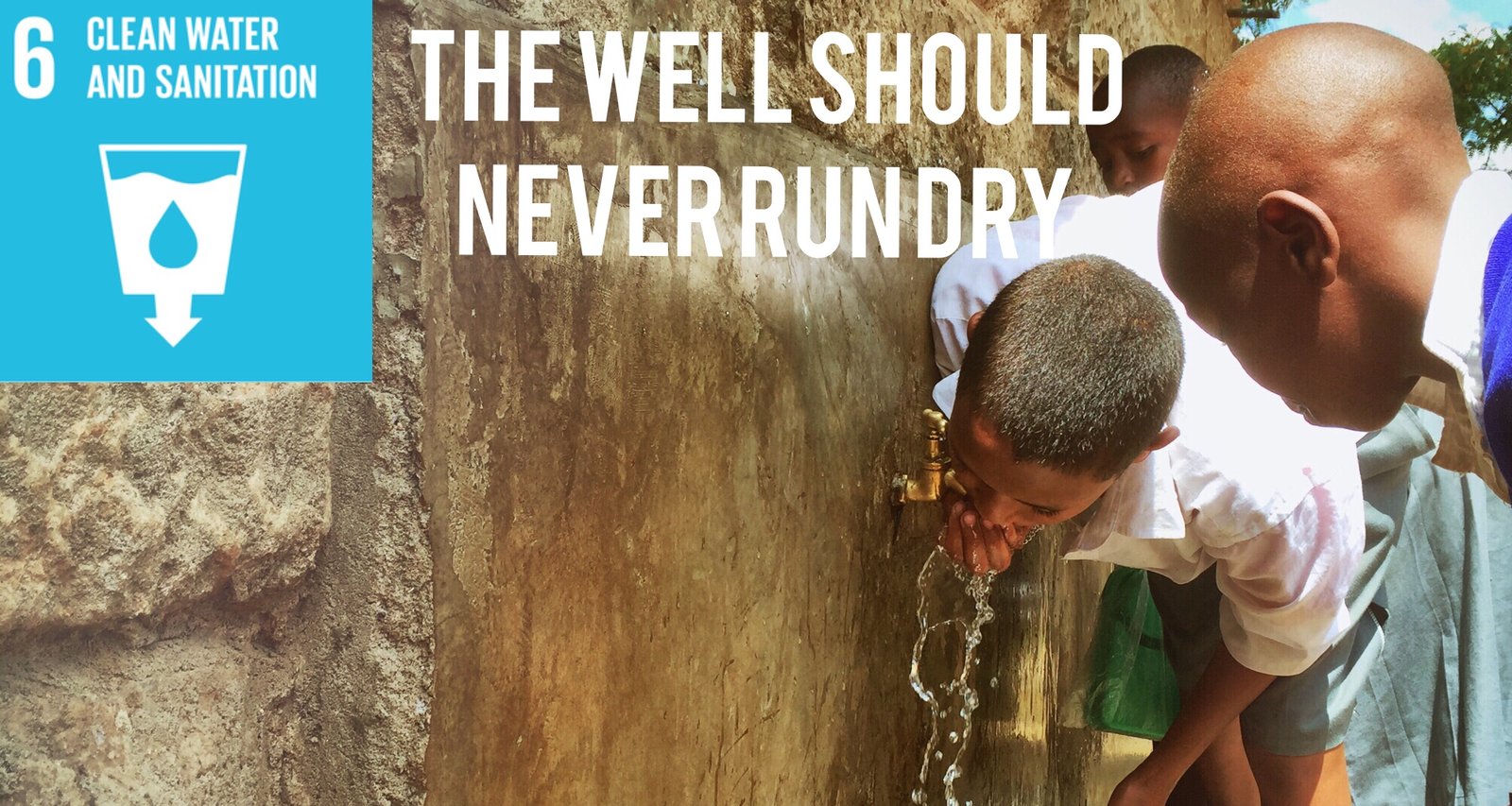Access to clean water is essential for public health, environmental sustainability, and economic prosperity. This article explores the importance of clean water, challenges in water accessibility, and strategies for achieving sustainable water management for all.

Understanding Access to Clean Water
Importance of Clean Water
Clean water is fundamental for drinking, sanitation, agriculture, and industrial activities. Ensuring universal access to safe drinking water and sanitation supports health outcomes, poverty reduction, and sustainable development goals.
Challenges in Water Accessibility
Barriers such as water scarcity, pollution, inadequate infrastructure, and unequal distribution limit access to clean water. Addressing water challenges requires integrated water management, conservation practices, and community engagement.
Key Aspects of Sustainable Water Management
Water Conservation and Efficiency
Promoting water conservation practices, efficient irrigation techniques, and sustainable water use habits reduces water waste and preserves freshwater resources. Conservation initiatives protect ecosystems and support biodiversity.
Water Quality Monitoring and Pollution Control
Monitoring water quality, implementing pollution control measures, and wastewater treatment technologies safeguard water resources from contamination. Protecting water sources ensures safe drinking water and ecological integrity.
Integrated Water Resource Management (IWRM)
Adopting IWRM approaches, watershed management, and ecosystem-based strategies balance water supply, demand, and environmental sustainability. Integrated planning enhances resilience to climate change impacts and water-related risks.
Strategies for Achieving Sustainable Water Management
Access to Safe Drinking Water
Expanding access to piped water supply systems, community wells, and decentralized water treatment facilities ensures safe drinking water for all. Rural water supply schemes and sanitation programs promote health and well-being.
Climate Resilience and Water Security
Building climate-resilient infrastructure, drought preparedness plans, and water storage solutions enhances water security and adaptive capacity. Water-sensitive urban design and green infrastructure mitigate flood risks and enhance water resilience.
Public Awareness and Behavioral Change
Promoting water conservation awareness campaigns, education programs, and community engagement initiatives fosters responsible water use behaviors. Behavioral change supports sustainable lifestyles and reduces water consumption.
Case Studies of Sustainable Water Management
WaterAid: Improving Water Access
WaterAid provides clean water, sanitation, and hygiene education in developing countries, promoting health, education, and economic development. Community-led projects improve water infrastructure and support sustainable water management.
Singapore: NEWater and Water Recycling
Singapore implements NEWater, a reclaimed water initiative, and water recycling technologies to enhance water security and reduce dependence on imported water. Integrated water management ensures water resilience in a water-stressed city-state.
Benefits of Sustainable Water Management
Public Health and Disease Prevention
Access to clean water and sanitation reduces waterborne diseases, improves nutrition, and enhances overall health outcomes. Sustainable water management supports maternal health, child development, and community well-being.
Environmental Conservation and Ecosystem Health
Preserving freshwater ecosystems, wetlands, and biodiversity through sustainable water practices protects natural habitats and supports ecological balance. Ecosystem services, such as water purification and flood regulation, benefit communities.
Economic Growth and Resilience
Investing in water infrastructure, irrigation systems, and water-efficient technologies stimulates agricultural productivity, industrial growth, and economic resilience. Sustainable water management enhances job creation and sustainable livelihoods.
Challenges in Achieving Sustainable Water Management
Water Governance and Policy Frameworks
Addressing gaps in water governance, regulatory frameworks, and institutional capacities hinders sustainable water management. Strengthening governance structures, stakeholder engagement, and policy coherence is crucial for effective water governance.
Financing and Investment Needs
Mobilizing financing, securing investments, and sustainable funding mechanisms for water infrastructure projects requires public-private partnerships and innovative financing models. Funding gaps limit water access and infrastructure development.
Conclusion
Access to clean water is essential for achieving sustainable development goals, ensuring public health, and supporting environmental sustainability. By promoting water conservation, enhancing water quality, and investing in resilient water infrastructure, societies can ensure equitable access to clean water for present and future generations.



